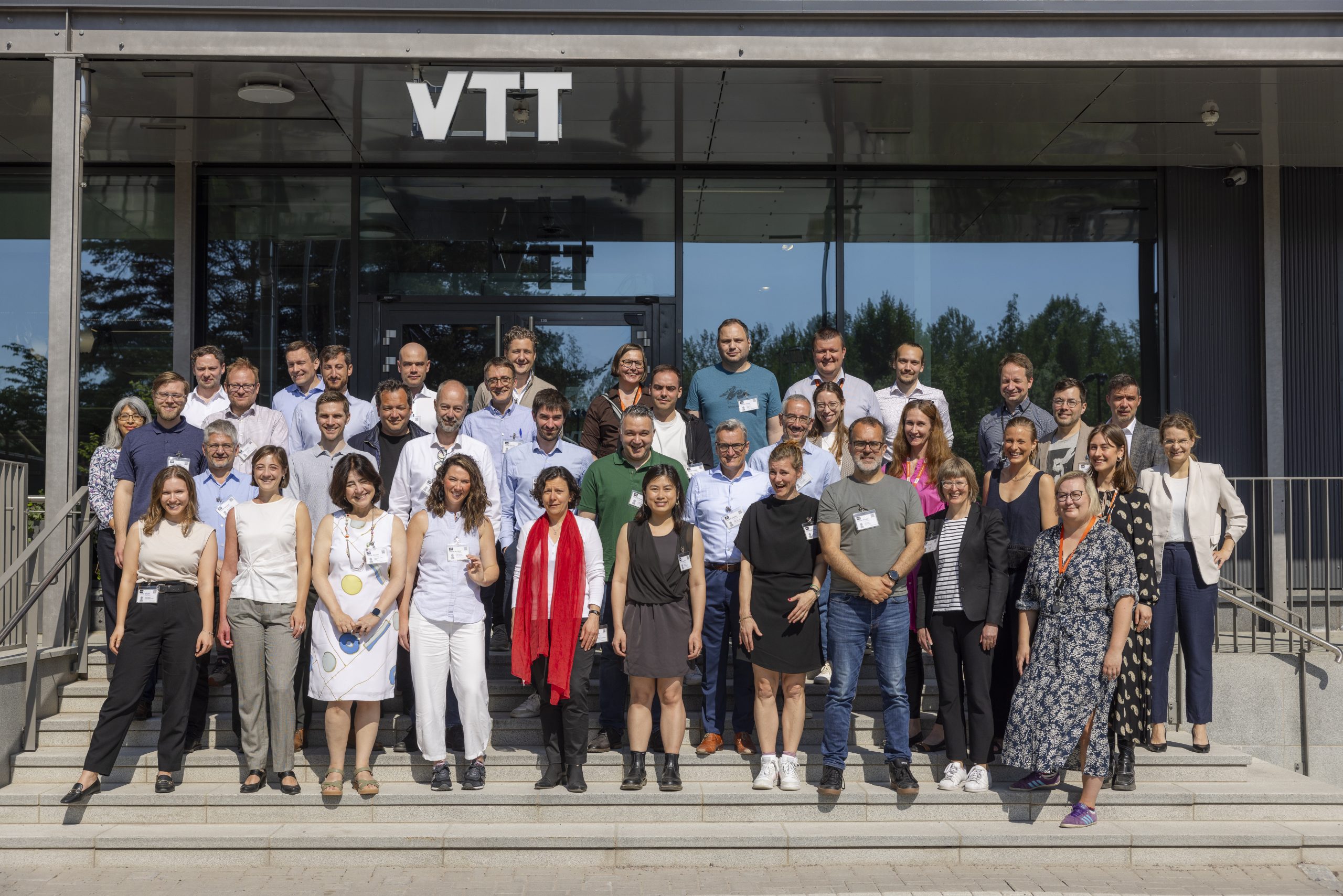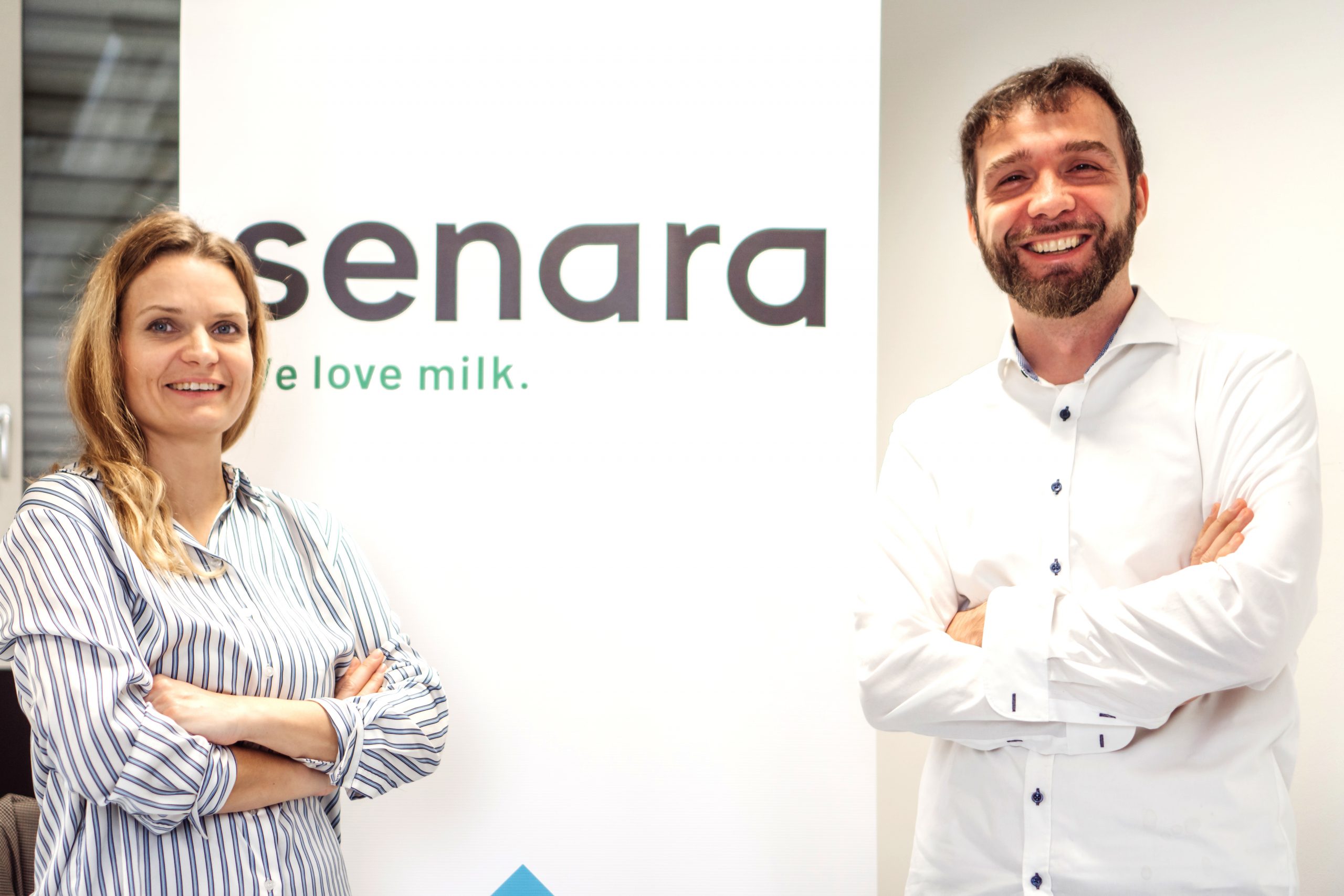
This article is part of a blog series introducing the startup teams of the EIT Food Accelerator Network Helsinki 2024 programme.
Can you imagine a world where enjoying dairy doesn’t mean compromising our planet’s health?
Traditional dairy farming is a major strain on Earth’s resources. The beef and dairy cattle industry alone is responsible for about 14.5% of the world’s greenhouse gas emissions (FAO, 2013), with each cow requiring 5 acres of land and 628 litres of water to produce a single litre of milk (Statista, 2019). In terms of public health, there has been a 500-fold increase in contaminants, including environmentally persistent legacy pesticides and veterinary drug residues in milk over the past decade (Fischer et al., 2011; FAO, 2022). These pressing issues have emphasised the immediate need for sustainable and ethical alternatives in the dairy industry.
While dairy milk alternatives exist, none have been able to fully replicate the functionality and nutritional value or taste of milk that is identical to cow’s milk and none have been able to truly promise to be free of harmful mimetics of hormones.
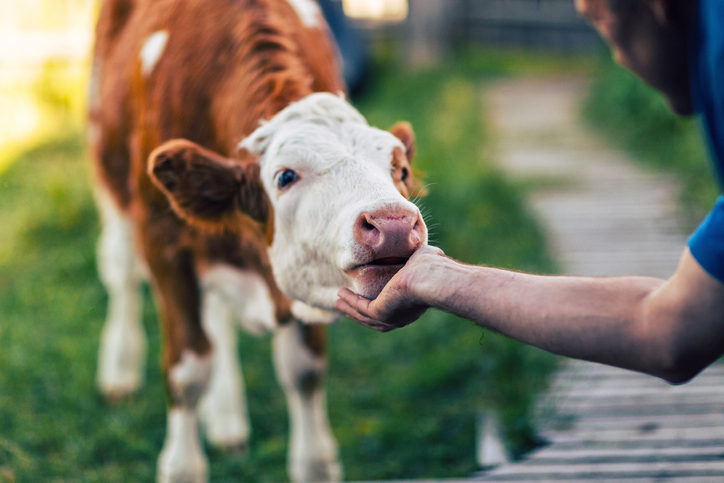
Bringing light to the dairy industry
Senara, a name that signifies ‘light’, perfectly encapsulates our vision of bringing enlightened change to the dairy industry. Our cell-cultivated dairy production uniquely produces authentic milk by cultivating real dairy cells in a bioreactor for a high-throughput process, which allows us to generate genuine milk with its natural nutritional and sensory qualities, unlike other technologies which aim to mimic these qualities. The final product is virtually indistinguishable from traditional milk and can be used in the same way for drinking, cooking, and making dairy products like cheese, yoghurt, ice cream etc.
Our milk not only mirrors regular milk in sensory, functional, and nutritional qualities but offers significant environmental benefits over conventional dairy farming — greenhouse gas emissions can be reduced by up to 90% and land use minimised by up to 95% per L of milk produced.
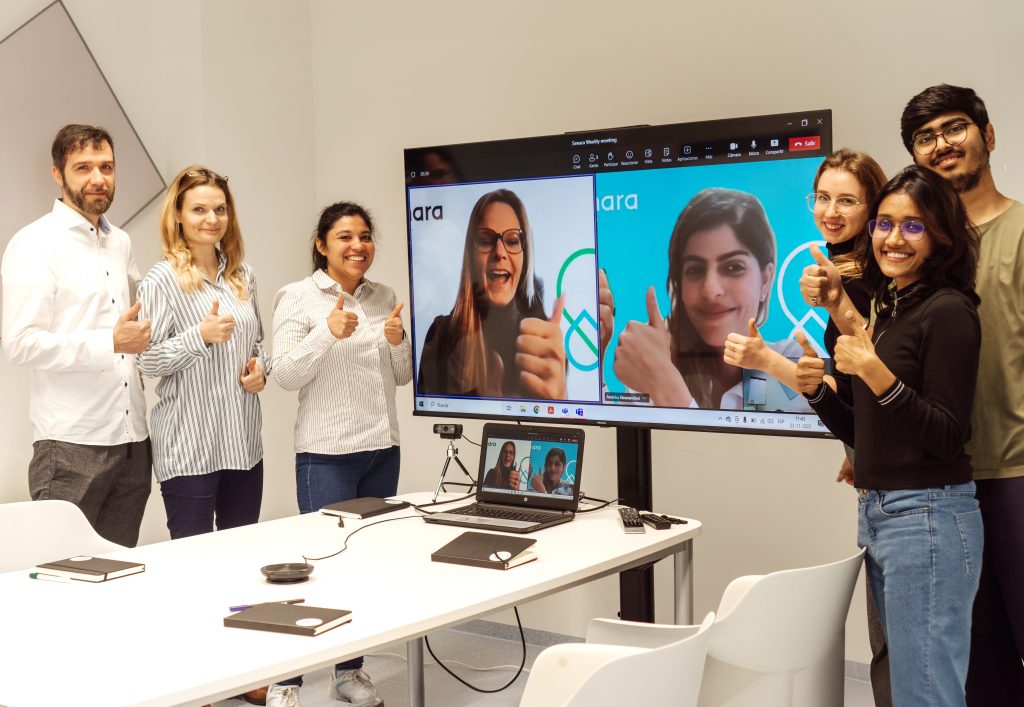
The Senara team
Senara’s unique milk offerings
Senara is also planning to deliver a wide range of specialised milk offerings from various breeds of cow’s milk as well as goat, sheep and donkey. What’s also special about cell-cultivated milk is that it can be made lactose and cholesterol-free as well as enhanced with additional vitamins and minerals, extending our commitment to consumers with dairy intolerances and allergies as well as those seeking a healthier alternative.
Growing in EIT
EIT FAN programme, with its strong focus on fostering innovation in the food sector, has given Senara a unique opportunity to collaborate with food industry leaders and get support from experienced mentors from VTT to help us shape our path. The experience Senara has gained has been invaluable, especially in refining all matters regarding business development.
The experience has been very fruitful and productive also in fostering new corporate collaborations which will help bring us all towards a greener, more sustainable dairy industry. This is the first time Senara is participating in the EIT FAN programme and the team is very grateful for the impactful experiences and tangible benefits it offered.
If you want to read more, please visit our website and LinkedIn.
Written by Founders Associate at Senara Krista Anna Belajevskova
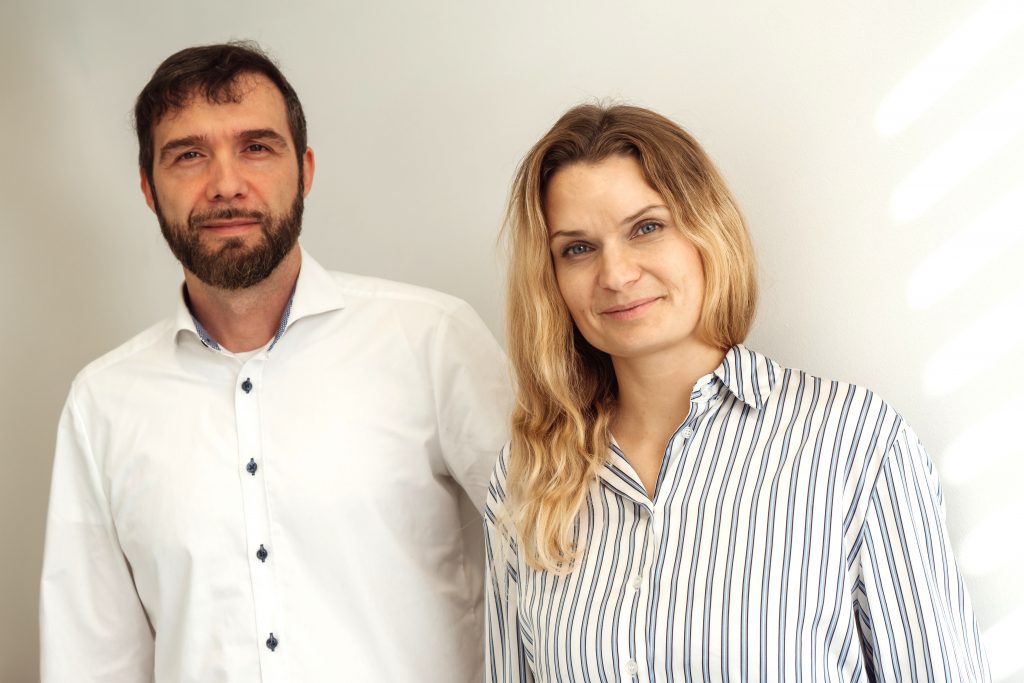
Senara’s founders Dr. Svenja Dannewitz and Dr. Philipp Prosseda
Learn more about the EIT FAN here.


